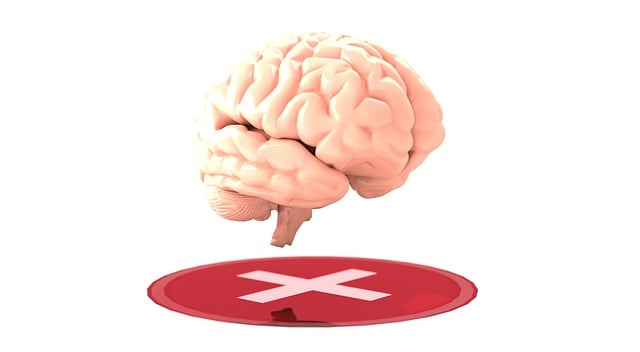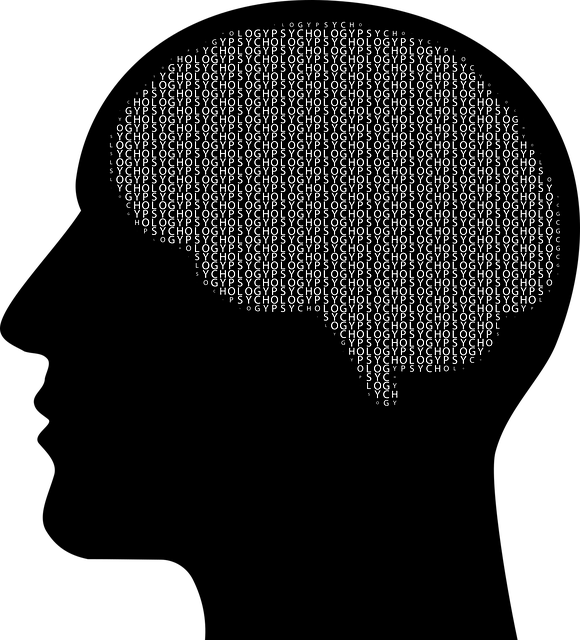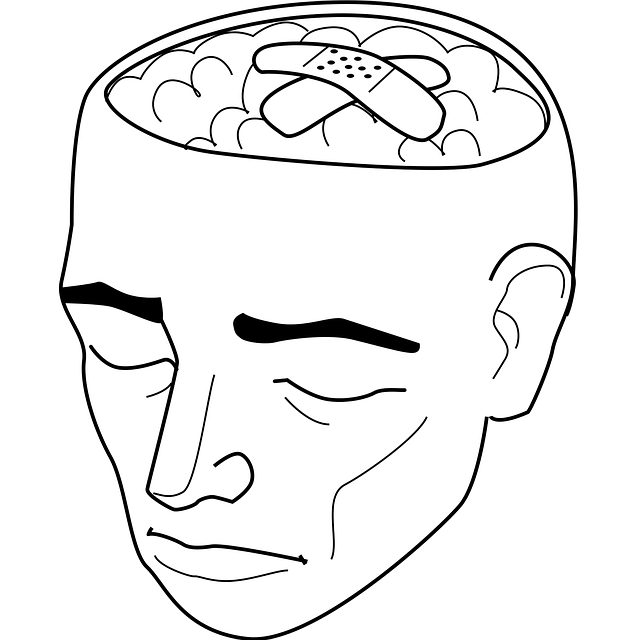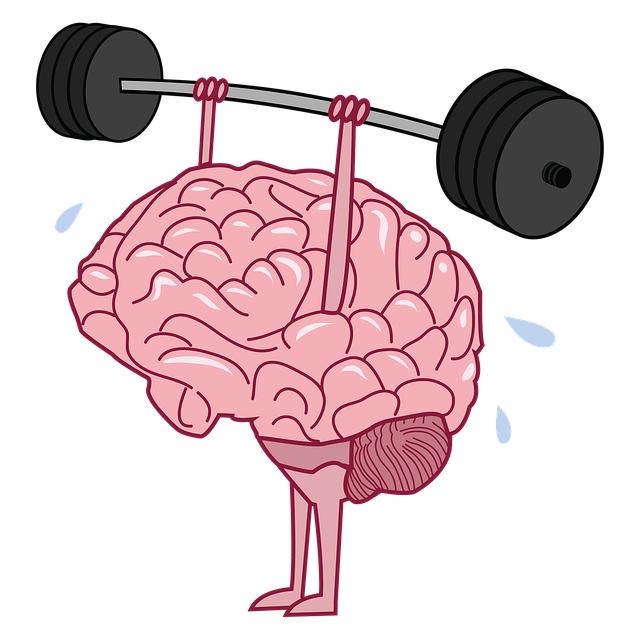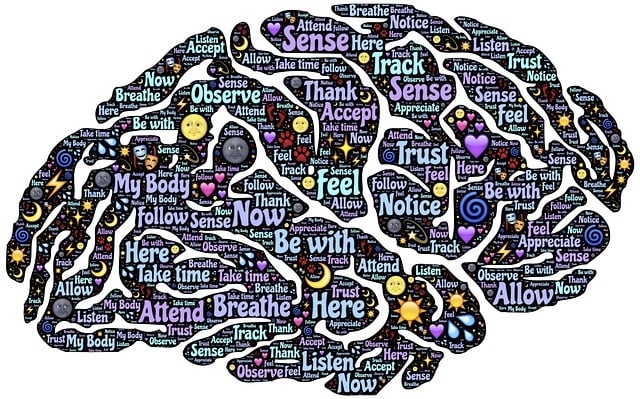Northglenn Somatic Experiencing Therapy (SE) is a revolutionary mental health approach integrating data analysis, somatics, and Emotional Intelligence. Therapists collect and interpret multi-source data to understand clients' mind-body connections, facilitating personalized stress reduction, coping skill development, and risk management. This holistic method prioritizes cultural sensitivity, ethical practices, and client involvement to promote self-regulation, anxiety relief, traumatic memory reprocessing, and improved well-being. By analyzing mental health trends, SE therapists can revolutionize therapies and support systems, fostering a more resilient society through evidence-based interventions and integrated emotional well-being techniques.
Mental health data analysis is a powerful tool for understanding and improving well-being. This article explores key aspects of this process, from Understanding Mental Health Data: Collection and Preparation, to cutting-edge Northglenn Somatic Experiencing Therapy (NSE) approaches that offer unique insights. We delve into techniques for interpreting mental health trends, highlighting ethical considerations crucial for responsible analysis. Finally, we discuss applying insights to enhance therapies and support systems, showcasing how data-driven strategies can revolutionize mental healthcare.
- Understanding Mental Health Data: Collection and Preparation
- Northglenn Somatic Experiencing Therapy: A Unique Approach to Data Analysis
- Techniques for Interpreting Mental Health Trends
- Ethical Considerations in Mental Health Data Analysis
- Applying Insights: Enhancing Therapies and Support Systems
Understanding Mental Health Data: Collection and Preparation

Understanding Mental Health Data is a crucial step in any therapeutic journey, especially within the context of Northglenn Somatic Experiencing Therapy (SE). The process begins with data collection, where various methods are employed to gather insights into an individual’s mental health status. This includes self-reported surveys, clinical assessments, and even digital health tracking apps. Each method offers a unique perspective, allowing therapists to piece together a comprehensive picture of their client’s well-being.
Once the data is collected, preparation becomes essential. This involves cleaning and organizing the information to ensure its integrity and accuracy. By removing any irrelevant or duplicate entries, therapists can focus on the most pertinent aspects. Furthermore, data normalization techniques help in comparing different sets of measurements, enabling the identification of trends and patterns. This prepared data set serves as a foundation for effective Stress Reduction Methods and Coping Skills Development, while also aiding in Risk Management Planning for Mental Health Professionals.
Northglenn Somatic Experiencing Therapy: A Unique Approach to Data Analysis

Northglenn Somatic Experiencing Therapy offers a unique lens for analyzing and interpreting mental health data. This approach prioritizes the individual’s physical, emotional, and psychological experiences, focusing on how trauma or stress can manifest in the body. By incorporating somatics into therapy, practitioners gain insights into clients’ non-verbal cues, which often hold powerful information about their mental states. This method enhances cultural sensitivity in mental healthcare practice by recognizing that bodily responses can vary across different cultural backgrounds.
The therapy encourages active participation from clients, fostering open communication strategies that facilitate anxiety relief. Through hands-on techniques and mindful awareness exercises, Northglenn Somatic Experiencing Therapy helps individuals reprocess traumatic memories or release chronic stress held in the body. This holistic approach not only empowers clients to understand their mental health data better but also equips them with tools for self-regulation and improved well-being.
Techniques for Interpreting Mental Health Trends

In the realm of mental health data analysis, interpreting trends requires a nuanced approach that goes beyond raw numbers. Techniques such as Northglenn Somatic Experiencing Therapy (SE) offer valuable insights into emotional healing processes by focusing on the connection between the mind and body. This holistic method facilitates the exploration of deep-seated issues, providing a more comprehensive understanding of mental health landscapes.
Emotional Intelligence plays a pivotal role in this interpretation process. By integrating data from various sources and employing techniques like these, mental health professionals can tailor interventions to address specific needs. For instance, in managing anxiety relief, somatics therapy helps individuals reconnect with their bodies’ natural responses, thereby offering alternative coping mechanisms. This personalized approach ensures that treatment strategies are not just effective but also sustainable.
Ethical Considerations in Mental Health Data Analysis

In the realm of mental health data analysis, ethical considerations are paramount, especially when utilizing techniques like Northglenn Somatic Experiencing Therapy. As researchers and therapists delve into sensitive data, they must navigate complex issues to ensure client confidentiality and privacy. This is crucial in fostering trust and promoting open dialogue, which are essential for effective therapy. The interpretation of mental health data often involves personal insights and experiences that could potentially influence outcomes; thus, it’s vital to maintain objectivity and avoid bias.
Additionally, the analysis should focus on enhancing inner strength development and self-esteem improvement while also providing conflict resolution techniques. Therapists must be mindful of the potential impact of their findings on individuals’ lives, ensuring that any insights derived from data contribute positively to clients’ well-being without causing further harm or discomfort. Ethical practices in mental health data analysis not only protect clients but also uphold the integrity of the therapeutic process and its underlying research.
Applying Insights: Enhancing Therapies and Support Systems

Applying insights gained from mental health data analysis can significantly enhance therapies and support systems. By understanding trends and patterns within populations or specific demographics, therapists and counselors can tailor their approaches more effectively. For instance, Northglenn Somatic Experiencing Therapy (NET) professionals can utilize data to identify common emotional triggers and physiological responses, allowing them to design targeted interventions for individuals seeking self-esteem improvement. This personalized approach not only accelerates progress but also fosters deeper connections between therapists and clients.
Moreover, analyzing mental health data enables the development of innovative support systems that go beyond traditional therapy models. Mental wellness journaling exercises guided by evidence-based data can be distributed widely to promote emotional well-being among diverse populations. Similarly, techniques for enhancing emotional well-being, backed by thorough analysis, can be integrated into educational curricula, workplace programs, and community initiatives, ultimately contributing to a more resilient and supportive society.
Mental health data analysis is a complex yet essential process, offering valuable insights for improving therapies and support systems. From understanding data collection and preparation to exploring innovative approaches like Northglenn Somatic Experiencing Therapy, this article has highlighted key techniques and ethical considerations. By interpreting mental health trends accurately, professionals can better cater to individual needs, ultimately enhancing the effectiveness of treatments and fostering more supportive environments.


